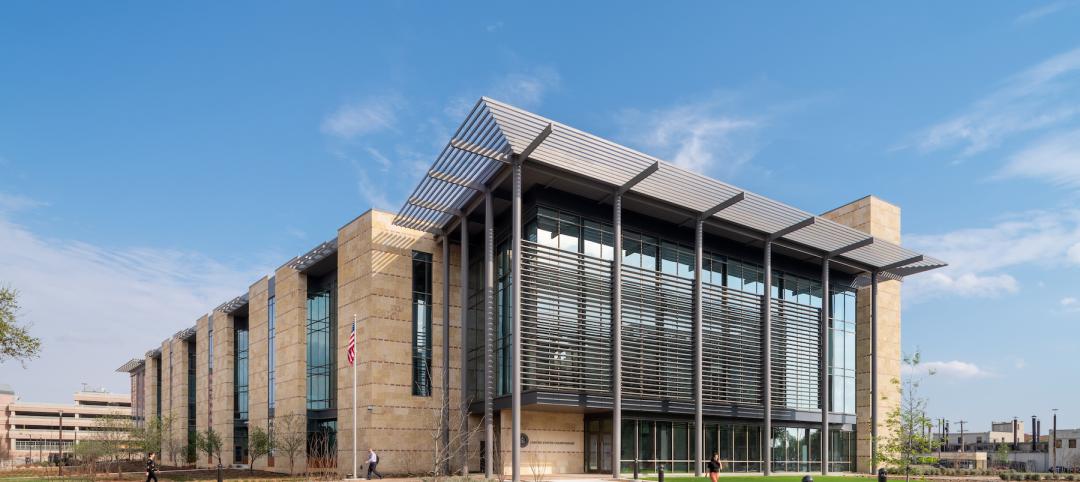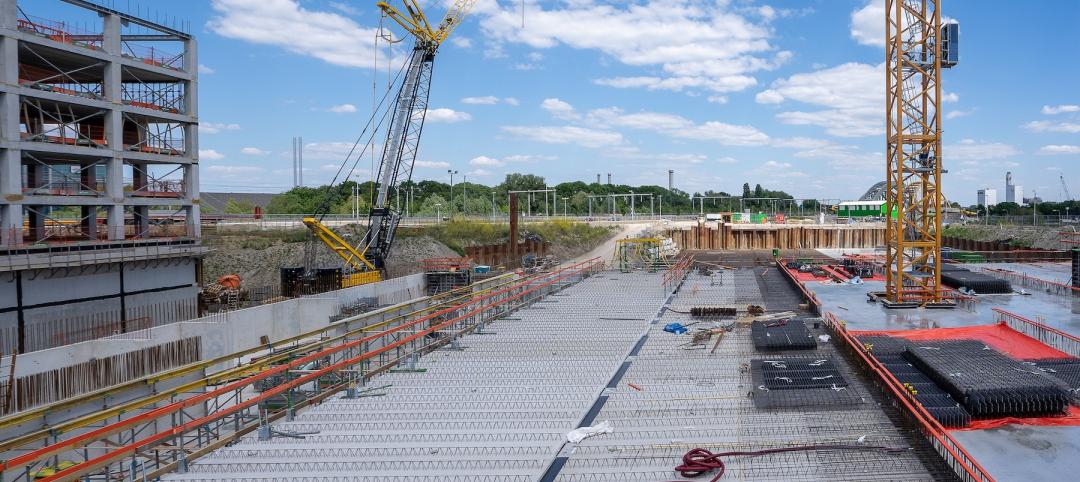The American Institute of Architects (AIA) released a comprehensive report, which concludes that the major obstacle holding back job creation in the U.S. is the persistent lack of construction financing, despite record low interest rates.
“This report should lay to rest any doubt about what is a key source for holding back job creation in the United States,’ said Kermit Baker, chief economist of the AIA. “It is the lack of financing especially to the design and construction sector, which accounts for $1 in $9 of U.S. Gross Domestic Product.”
The report found:
- The share of projects stalled due to financing problems through August 2011 has almost doubled since 2008
- One-in-five stalled projects are directly resulting from financing problems
- Financing problems account for a higher share of stalled projects in the education and multi-family sector
- More than 25% of projects reported as stalled due to the credit crunch could qualify for LEED, Green Globes, or other green certification status
- Financing issues are less of a factor holding back projects in the manufacturing, private healthcare, and retail environments
“Whatever, the reason – be it over-regulation, the threat of a double-dip recession or the reluctance to have too many loans on the books, lenders are just not lending to a major job-producing sector of the American economy,” Baker noted. “Until more credit is extended, the potential of non-residential construction to promote greater levels of economic growth will not be realized.” BD+C
Related Stories
Justice Facilities | Oct 17, 2022
San Antonio’s new courthouse aims to provide safety and security while also welcoming the public
The San Antonio Federal Courthouse, which opened earlier this year, replaces a courthouse that had been constructed as a pavilion for the 1968 World’s Fair.
Market Data | Oct 14, 2022
ABC’s Construction Backlog Indicator Jumps in September; Contractor Confidence Remains Steady
Associated Builders and Contractors reports today that its Construction Backlog Indicator increased to 9.0 months in September, according to an ABC member survey conducted Sept. 20 to Oct. 5.
| Oct 13, 2022
Boston’s proposed net-zero emissions code has developers concerned
Developers have raised serious concerns over a proposed new energy code by the City of Boston that would require newly constructed buildings over 20,000 sf to immediately hit net-zero emissions goals.
Education Facilities | Oct 13, 2022
A 44-acre campus serves as a professional retreat for public-school educators in Texas
A first-of-its-kind facility for public schools in Texas, the Holdsworth Center serves as a retreat for public educators, supporting reflection and dialogue.
Building Team | Oct 12, 2022
Real estate development practices worsened impact of Hurricane Ian
A century ago, the southwest Florida coast was mostly swamps and shoals, prone to frequent flooding and almost impossible to navigate by boat.
Market Data | Oct 12, 2022
ABC: Construction Input Prices Inched Down in September; Up 41% Since February 2020
Construction input prices dipped 0.1% in September compared to the previous month, according to an Associated Builders and Contractors analysis of U.S. Bureau of Labor Statistics’ Producer Price Index data released today.
Hotel Facilities | Oct 12, 2022
Global hotel chain citizenM opens its first Chicago property and its fifth of the year
citizenM, a global chain of affordable luxury hotels, has opened its first Chicago property—its fifth opening of 2022.
Building Team | Oct 11, 2022
Associated Materials® Celebrates the Company’s Rich History, Which Began 75 Years Ago with the Founding of Alside
Since its inception in 1947, Alside® has been a leader in innovation and continues this very commitment to excellence – in people, products and services.
Standards | Oct 11, 2022
Peter Templeton named new USGBC and GBCI president and CEO
The U.S. Green Building Council (USGBC) and Green Business Certification Inc. (GBCI) appointed Peter Templeton as president and CEO.
Legislation | Oct 10, 2022
Chicago’s updated building energy code provides incentives for smart HVAC, water appliances
The Chicago City Council recently passed the 2022 Chicago Energy Transformation Code that is intended to align with the city’s goal of reducing carbon emissions by 62% from 2017 levels by 2040.

















